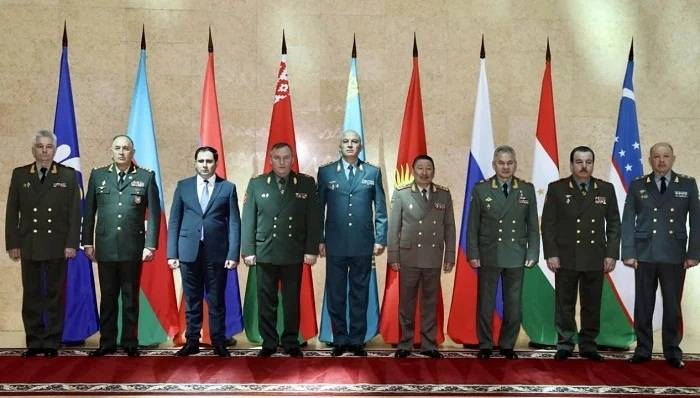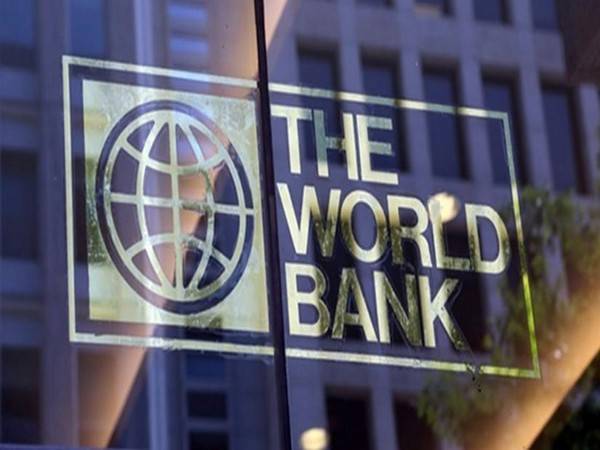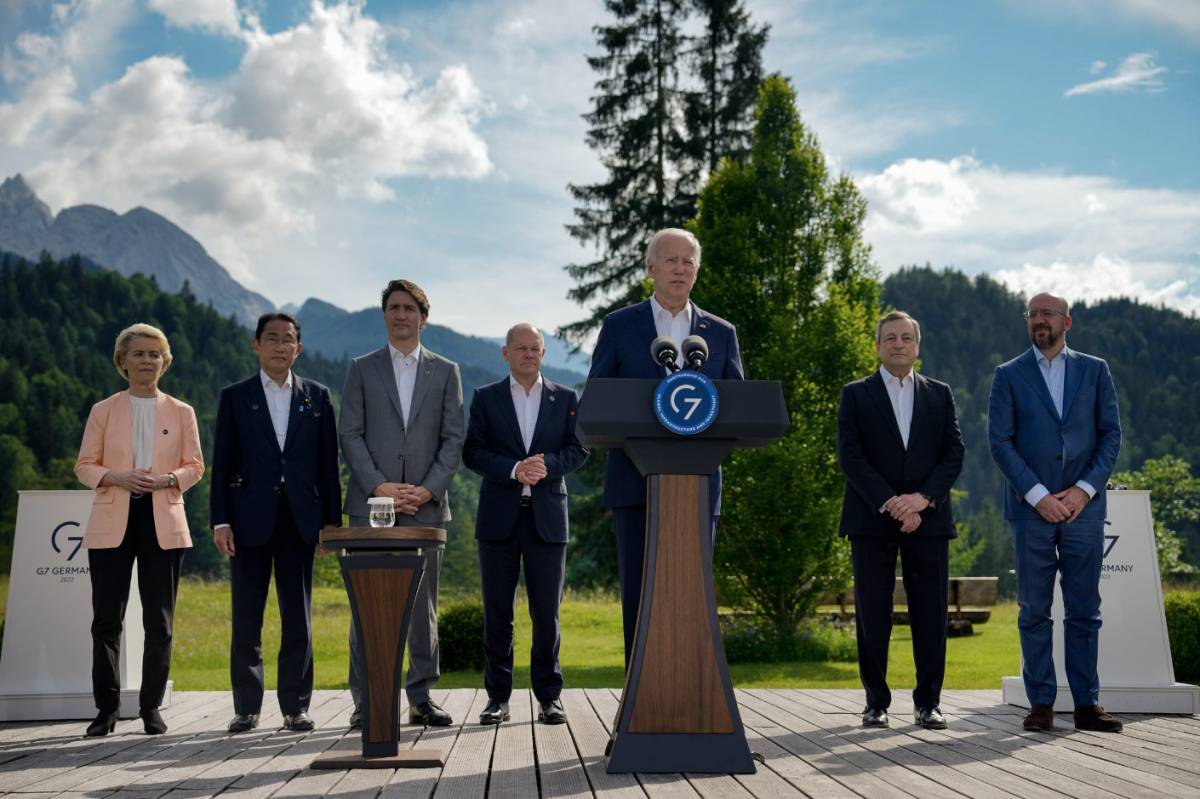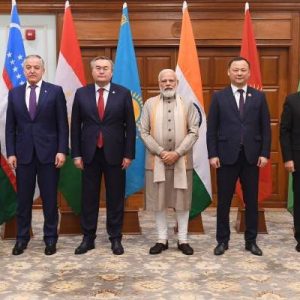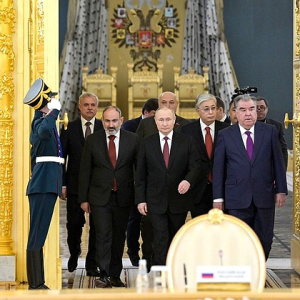It is for the first time that a meeting of the heads of the military departments from countries of the region has been held in this format..writes ATEET SHARMA
Led by Russia, the Central Asian countries have expressed their deep concern over the ideology of religious radicalism fast spreading in the region due to the growing activity of international terrorist organisations in Afghanistan.
In a first of its kind meeting, the defence ministers of Russia and Central Asian countries went into a huddle in Moscow on Friday to strengthen their coordination and form common approaches to combating these structures.
The meeting was attended by the Russian Defence Minister Sergei Shoigu and his counterparts from Kazakhstan, Kyrgyzstan, Tajikistan and Uzbekistan – Ruslan Zhaksylykov, Baktybek Bekbolotov, Sherali Mirzo and Bakhodir Kurbanov, respectively.
According to the Russian Defence Ministry, it is for the first time that a meeting of the heads of the military departments from countries of the region has been held in this format.
On Thursday, as he held talks with the new Kazakh Defence Minister Ruslan Zhaksylykov, Shoigu had stated that everyone “began to forget Afghanistan a little”, but “nothing has changed” there.

“The situation remains rather tense and serious. Everything that our American colleagues left there continues to degrade. All the risks that we talked about are growing. This is also a manifestation of international terrorism… There are also the weapons that have been left by the Americans in huge quantities and its distribution into not the best hands,” commented the Russian Army General.
Last month in Dushanbe, during the meeting of regional security heads on the situation in Afghanistan, National Security Advisor (NSA) Ajit Doval had highlighted similar concerns over sophisticated American arms and ammunition from terror-torn country landing in the hands of Islamic jihadists in the region.
Today, Shoigu told the gathering of defence ministers that there is a “growing military danger” in Central Asia with the activation of international and regional terrorist organizations in Afghanistan, primarily the Islamic State of Iraq and the Levant and Al-Qaeda.
“The leaders of international terrorists consider Afghan territory as a base for infiltrating neighbouring countries and creating an extensive network of jihadist underground, replenished, among other things, by transferring militants from hot spots,” said Shoigu.
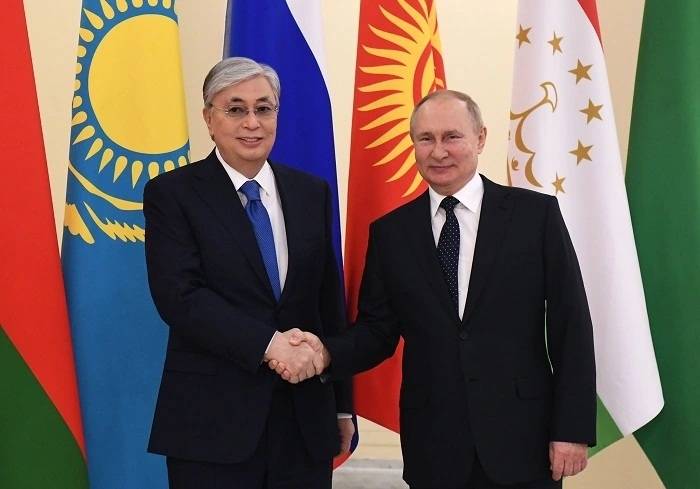
He maintained that besides religious radicalism, drug trafficking and cross-border crime are also on the rise which calls for strengthening coordination between the law enforcement agencies of the states of Central Asia and Russia.
Earlier in the day, Shoigu had held a similar meeting with the Council of Defence Ministers of the CIS countries to provide information on the course of the Russian special military operation in Ukraine.
“The meeting heard information about the military-political situation in the world, the growing threats to the security of the Commonwealth of Independent States,” the Kazakhstan Defence Ministry said in a statement later.
Data on the state of aviation safety in the armed forces of the Commonwealth in 2021 and training of specialists for engineering troops were also considered.
Meanwhile, the Collective Security Treaty Organisation (CSTO) is planning a major joint exercise ‘Frontier-2022’ with the units of the Collective Rapid Deployment Forces Central Asian Region (CSBR CAR) right at the Tajikistan-Afghanistan border.
Representatives of the defence departments of Kazakhstan, Kyrgyzstan, Russia, Tajikistan and a group of officers of the CSTO Joint Staff, headed by Major General Viktor Lisovsky held a three-day meeting in Dushanbe (June 21-23) to finalise the composition of the national contingents.
A reconnaissance of the exercise area Kharbmaidon training ground in Tajikistan, which is located just 20 kilometers from Afghanistan, was also carried out.
The collective forces are designed to fulfill the tasks of ensuring the military security of the CSTO member states of the Central Asian Collective Security Region, including participating in repelling external military aggression and conducting joint counter-terrorist operations.


